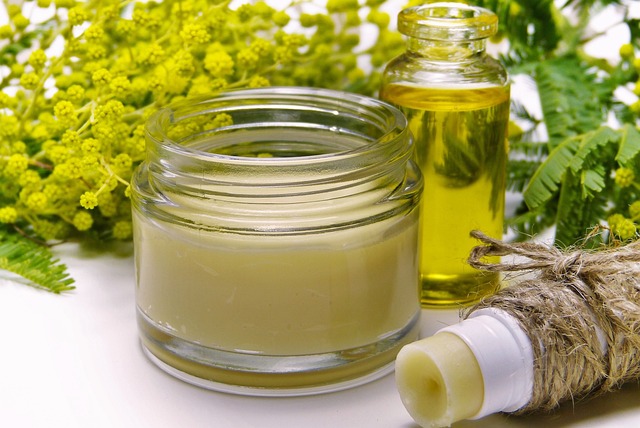Top Benefits of Peptides for Joint Health and Injury Recovery
Peptides have gained significant attention in recent years for their potential benefits in various health domains, particularly in joint health and injury recovery. These short chains of amino acids play a pivotal role in numerous biological processes, making them a promising option for Mrpeptides.net those seeking to enhance joint function and accelerate healing from injuries.
Understanding Peptides
Peptides are naturally occurring biological molecules that consist of two or more amino acids linked by peptide bonds. They are smaller than proteins and can easily penetrate the skin and intestines, making them highly bioavailable. Peptides are involved in a wide range of bodily functions, including hormone production, immune response, and tissue repair.
How Peptides Support Joint Health
Joint health is a concern for many, especially as people age or engage in high-impact activities. Peptides offer several benefits that can help maintain and improve joint function:
- Collagen Production: Peptides stimulate the production of collagen, a protein that provides structure and strength to joints. Increased collagen can lead to improved joint flexibility and reduced pain.
- Anti-Inflammatory Properties: Certain peptides have anti-inflammatory effects, which can help reduce swelling and discomfort in joints.
- Cartilage Repair: Peptides can aid in the repair and regeneration of cartilage, the tissue that cushions joints and prevents bone friction.
Peptides in Injury Recovery
Injury recovery can be a lengthy and challenging process. Peptides offer several advantages that can expedite healing and improve outcomes:
- Accelerated Healing: Peptides promote faster tissue repair and regeneration, which can shorten recovery times.
- Reduced Scar Tissue: By enhancing collagen production, peptides can minimize the formation of scar tissue, leading to better functional recovery.
- Muscle Growth and Repair: Some peptides stimulate muscle growth and repair, which is beneficial for those recovering from muscle injuries.
Case Studies and Research
Several studies have highlighted the potential of peptides in joint health and injury recovery. For instance, a study published in the Journal of Sports Science & Medicine found that athletes who supplemented with collagen peptides experienced reduced joint pain and improved performance. Another study in the American Journal of Clinical Nutrition demonstrated that collagen peptide supplementation led to significant improvements in joint function among older adults.
In terms of injury recovery, research published in the Journal of Orthopaedic Research showed that peptides could enhance the healing of tendon injuries, leading to quicker return to activity. These findings underscore the potential of peptides as a therapeutic option for both joint health and injury recovery.
Popular Peptides for Joint Health and Recovery
Several peptides are commonly used for joint health and injury recovery:
- BPC-157: Known for its regenerative properties, BPC-157 is often used to promote healing of muscles, tendons, and ligaments.
- TB-500: This peptide is known for its ability to enhance recovery by promoting cell migration and reducing inflammation.
- Collagen Peptides: Widely used for joint health, collagen peptides support cartilage repair and reduce joint pain.
Considerations and Safety
While peptides offer numerous benefits, it is important to approach their use with caution. Consulting with a healthcare professional before starting any peptide regimen is advisable. This ensures that the chosen peptides are appropriate for individual needs and that any potential side effects or interactions are considered.
Peptides are generally considered safe when used appropriately, but potential side effects can include allergic reactions, digestive issues, or hormonal imbalances. Monitoring and adjusting dosages under professional guidance can help mitigate these risks.
Conclusion
Peptides present a promising avenue for enhancing joint health and expediting injury recovery. Their ability to stimulate collagen production, reduce inflammation, and promote tissue repair makes them a valuable tool for athletes, older adults, and anyone seeking to improve joint function. While research continues to explore their full potential, current evidence supports their efficacy in improving joint health and accelerating recovery from injuries. As with any supplement, professional guidance is recommended to maximize benefits and ensure safety.
